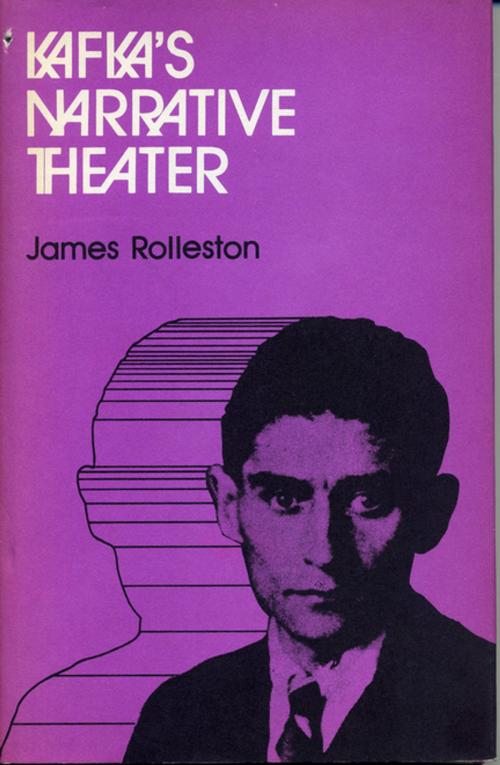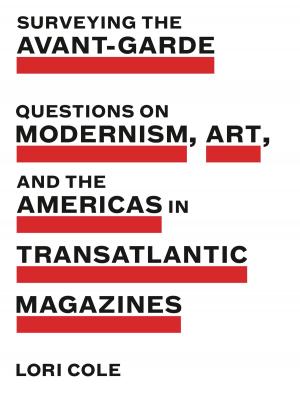Kafka's Narrative Theater
Fiction & Literature, Literary Theory & Criticism, European, German, Theory| Author: | James Rolleston | ISBN: | 9780271072814 |
| Publisher: | Penn State University Press | Publication: | October 22, 1990 |
| Imprint: | Penn State University Press | Language: | English |
| Author: | James Rolleston |
| ISBN: | 9780271072814 |
| Publisher: | Penn State University Press |
| Publication: | October 22, 1990 |
| Imprint: | Penn State University Press |
| Language: | English |
Can one speak of Kafka's heroes as "characters"? If so, why is it so hard to define their characteristics? If not, how is the reader persuaded to accompany them on their existential journeys, accepting their behavior as falling within the realm of human logic? This study argues that Kafka's fiction has two conflicting premises: the subjective impossibility of human existence, foreclosing all hope of "meaning" in individual actions; and the ordered structure of human thoughts which assign meaning to the smallest event and analyze endlessly the behavior of other people. Kafka's characters are always, either potentially or actually, moving in both directions at once, earnestly building up a continuous logic to their actions while skeptically dismantling their own pretensions to existence. The device of the circumscribed narrator, congruent with the hero, knowing only what the hero knows, yet not identical with him, enables Kafka to contain both fundamental tendencies in a single sentence.
Although Kafka is widely read, his works seem to give rise very easily to misconceptions; this study is designed primarily to facilitate an intelligent reading of Kafka. Without imposing answers of its own, it seeks to foster an awareness of the problems of perspective and presentation which Kafka engages.
Can one speak of Kafka's heroes as "characters"? If so, why is it so hard to define their characteristics? If not, how is the reader persuaded to accompany them on their existential journeys, accepting their behavior as falling within the realm of human logic? This study argues that Kafka's fiction has two conflicting premises: the subjective impossibility of human existence, foreclosing all hope of "meaning" in individual actions; and the ordered structure of human thoughts which assign meaning to the smallest event and analyze endlessly the behavior of other people. Kafka's characters are always, either potentially or actually, moving in both directions at once, earnestly building up a continuous logic to their actions while skeptically dismantling their own pretensions to existence. The device of the circumscribed narrator, congruent with the hero, knowing only what the hero knows, yet not identical with him, enables Kafka to contain both fundamental tendencies in a single sentence.
Although Kafka is widely read, his works seem to give rise very easily to misconceptions; this study is designed primarily to facilitate an intelligent reading of Kafka. Without imposing answers of its own, it seeks to foster an awareness of the problems of perspective and presentation which Kafka engages.















